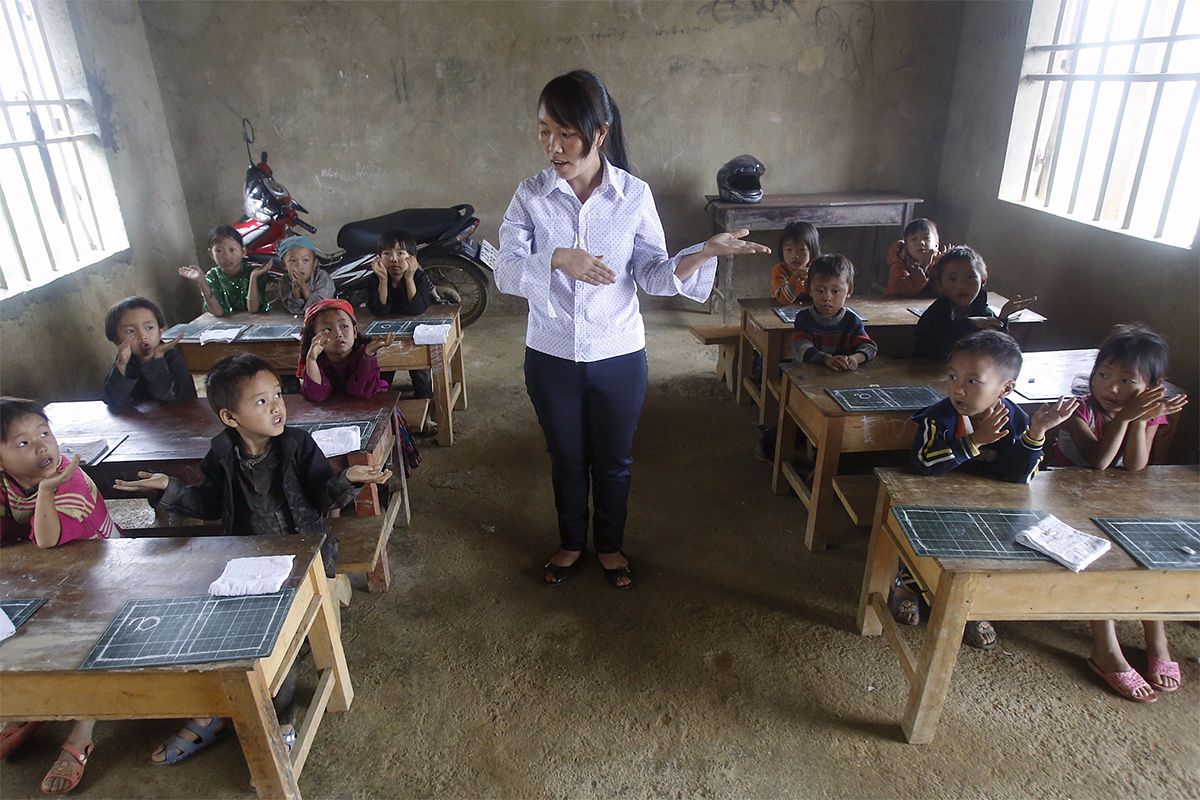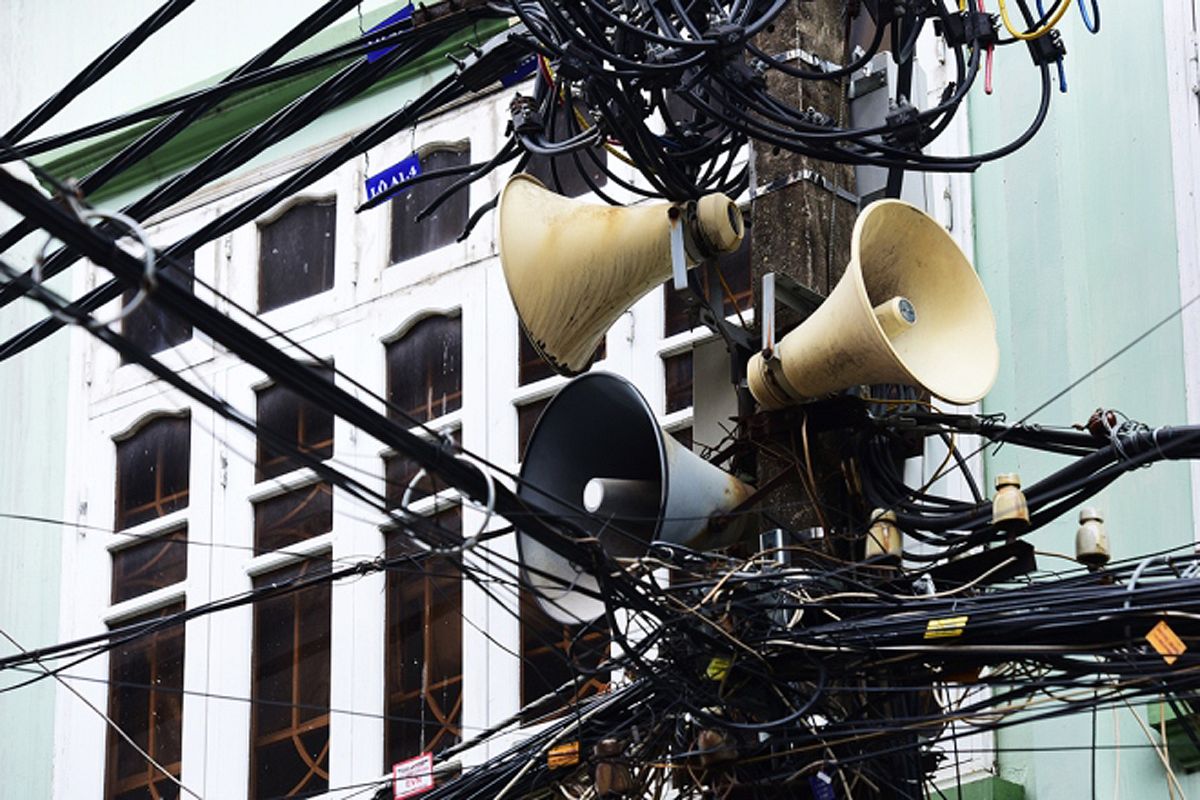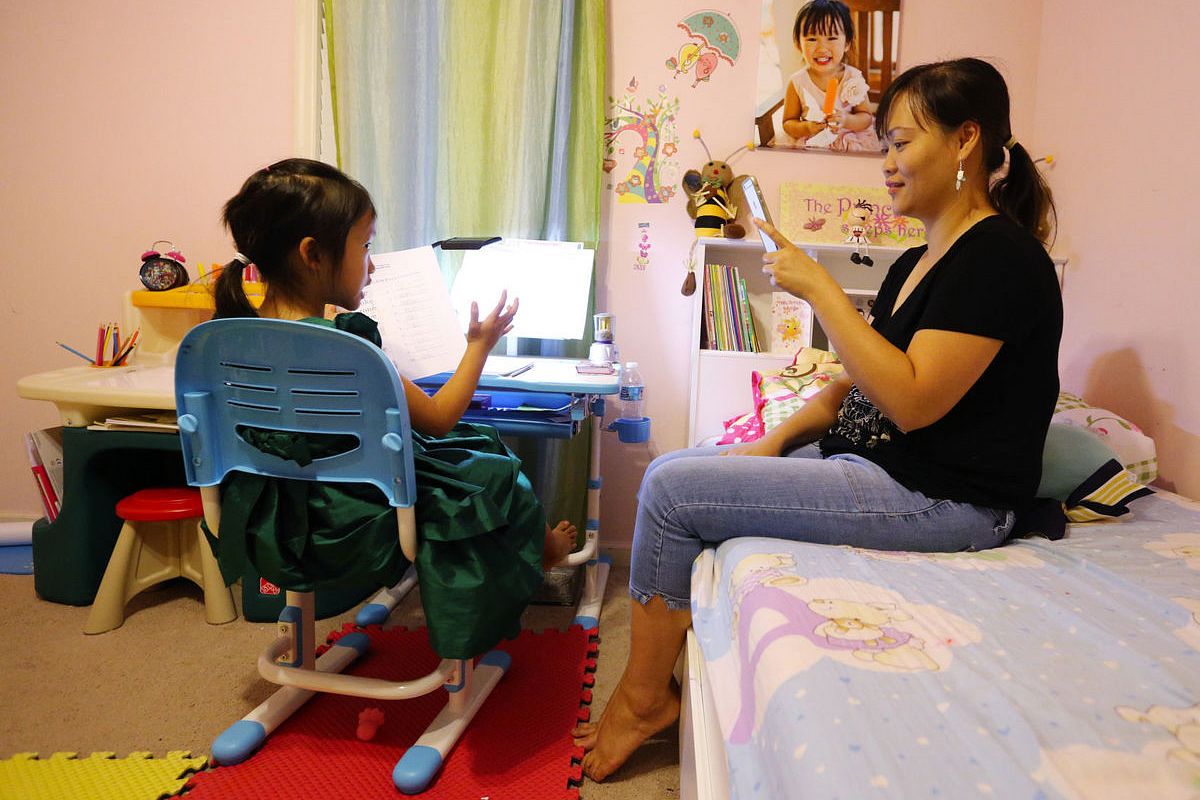A recent paper by the World Bank has managed to provide at least some insight into Vietnamese students’ notably high academic performance.
In the realm of international education, success is often linked to national GDP: the wealthier a country, the better its students perform on international tests. Vietnam, however, has long puzzled researchers, as it is one of the only low-income nations to score as well as rich nations on international academic tests, reports Business Insider.
While the full extent of Vietnam’s academic success has yet to be explained, World Bank researchers Suhas D. Parandekar and Elisabeth K. Sedmik recently attempted to explore the phenomenon. In their report, Parandekar and Sedmik studied the 2012 results of the Program for International Student Assessment (PISA), an international exam administered to students across the globe, and found that, of the seven developing nations which participated in the test, Vietnam scored highest.
In math alone, for instance, Vietnamese students were nearly on par with test takers in wealthier nations such as Finland and Switzerland. A full 128-point difference existed between Vietnam and the average score of PISA’s seven other low-income countries. According to researchers, 70 points constitutes an entire proficiency level, or two years of schooling; Vietnam’s high score translated into a nearly three-year gap in educational attainment between the country and other developing nations.
Parandekar and Sedmik also pointed to both “cultural differences” and Vietnamese parents’ greater investment in education as reasons behind this academic success. These differences included Vietnamese students’ tendency to take school more seriously than some of their peers: local students are less likely to skip class than their counterparts elsewhere in the world and also spend an average of three hours more per week studying outside the classroom than their peers. Student achievement is also highly valued in Vietnam, and parents are often more involved in their children’s education.
“Despite the economic disadvantages, the quality of school infrastructure is better in Vietnam, as are the schools' educational resources,” writes Business Insider. “And even though there are fewer computers, they're just as likely to be connected to the internet, which the researchers interpreted as evidence of Vietnam's increased investment in schools. There also seems to be more access to early education, as Vietnamese students were more likely than others to have attended preschool.”
All told, Vietnam’s education system may not be perfect but it’s certainly working.
[Photo via Business Insider]














